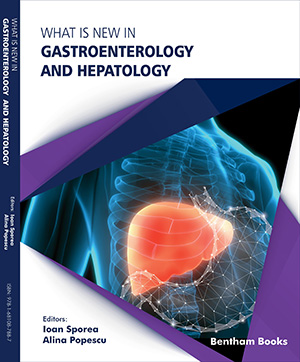Abstract
The intestinal microbiota develops as a results of various genetic, nutritional and environmental factors, becoming very specific for each individual. It totalizes more than 100 trillions of bacteria with a piece of genetic information more than 100x greater than the human genome. The functions of the microbiota can be grouped into metabolic, protective and structural. The microbiota-derived metabolites signal to distant organs of the host, which enable the microbiota to connect to the brain, the immune and endocrine system, metabolism and other functions of the host. These microbiota-host communications are essential to maintain the vital functions and health of our organism. So, microbiota, in eubiosis and especially in dysbiosis, has multiple effects on the human organism. The therapeutic possibilities for this are the administration of nonabsorbable antibiotics, pre-, pro, syn- or symbiotics, as well as FMT, which is in principle a complex human probiotic. The most important digestive effects of microbiota are in Clostridium difficiledetermined pseudomembranous colitis, in IBS, IBD, diverticulitis, functional dyspepsia, and in different digestive cancers: gastric, colorectal, liver and pancreatic cancer. Alcoholic liver disease is also influenced by microbiota. The extra-digestive effects of microbiota are very complex. In some metabolic diseases, like obesity, NAFLD, atherosclerosis, dyslipidemias and T2D, special types of dysbiosis have important pathophysiologic implications. Microbiota has also implications in Alzheimer's disease, osteoporosis, CKD, different psychiatric disorders and some extra-digestive cancers. In conclusion, it may be stated that the intestinal microbiota has multiple effects, even in diseases that apparently have no relation with the intestinal flora.
Keywords: Autoimmune diseases, Cancer, Digestive diseases, Intestinal microbiota, Metabolic diseases, Microbiome.






















